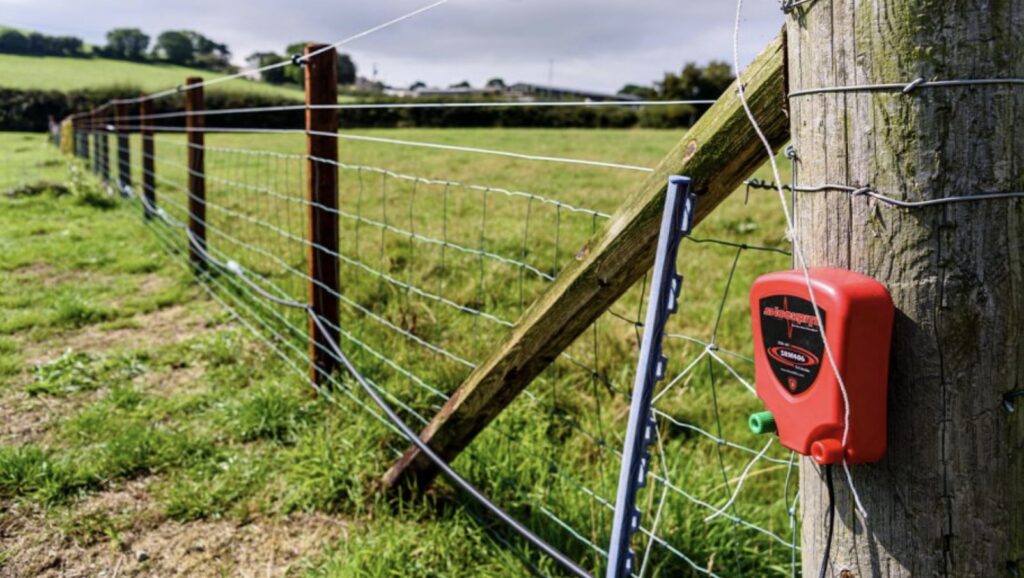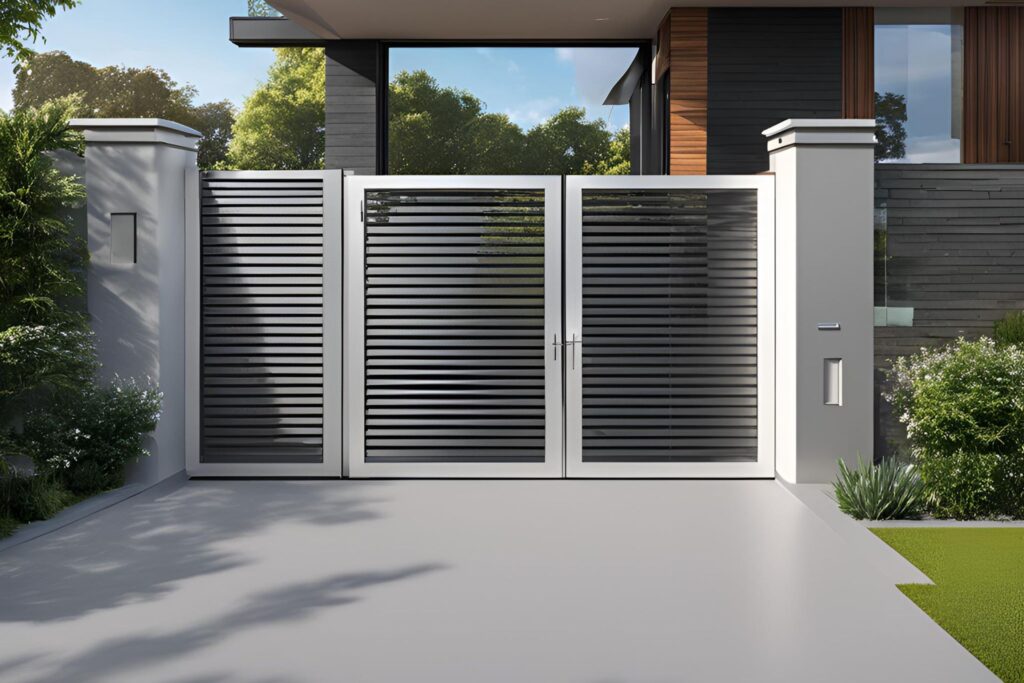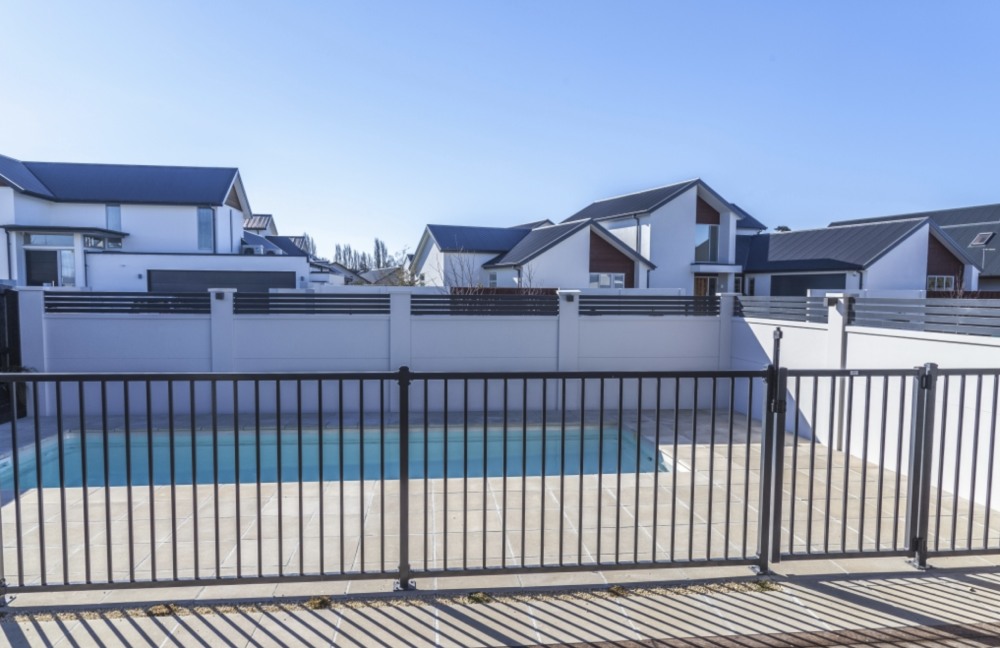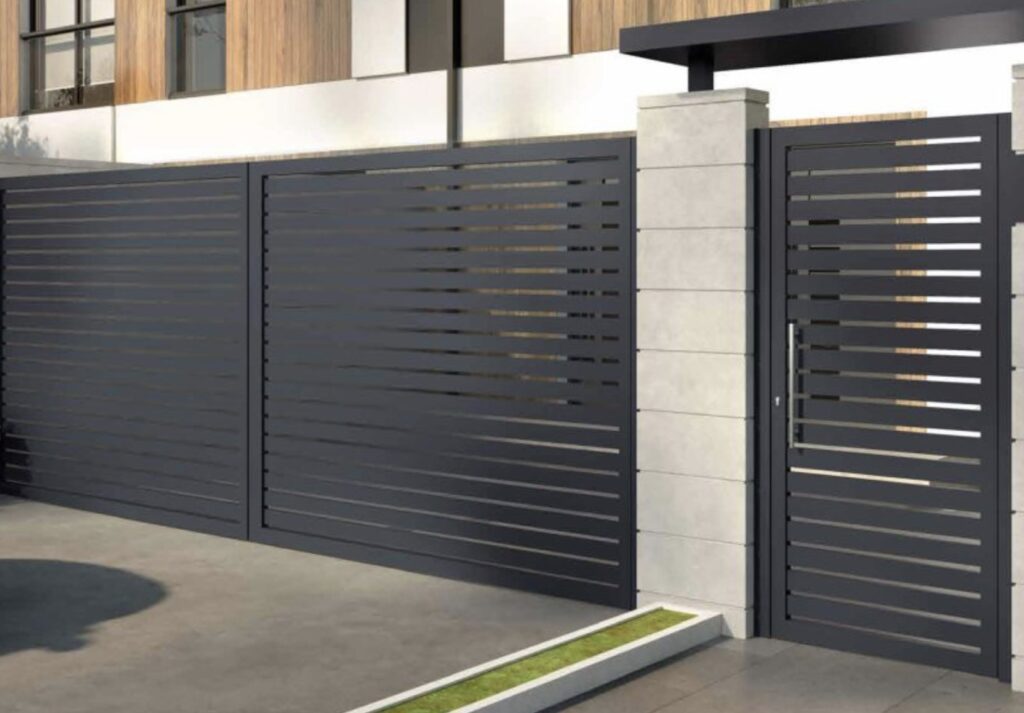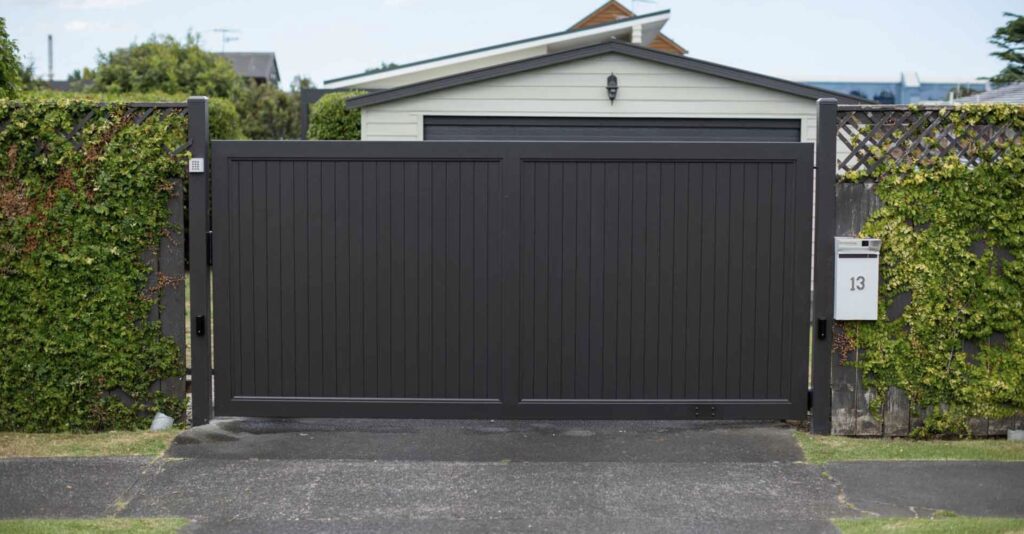New Zealand, with its vast agricultural landscape, is increasingly embracing electric fences for effective property management. Electric fences are seen as an economical, versatile solution, perfectly suited for diverse tasks such as containing livestock or deterring pests. However, as useful as they might be, one pertinent question remains, “how much does it cost to run an electric fence in New Zealand?” This comprehensive guide seeks to answer that question.
- Understanding Electric Fencing
- Factors Influencing the Cost of Electric Fencing
- Initial Costs: Equipment, Installation, and Labour
- Running Costs: Power Consumption, Maintenance, and Repairs
- Understanding the Monthly Costs of Running an Electric Fence
- Other Costs: Insurance, Compliance, and Safety Measures
- Estimating the Initial Costs of Electric Fencing
- Evaluating the Running Costs of Electric Fencing
- Maintenance and Repairs: An Essential Consideration
- FAQ's For The Cost Of Electric Fences
- Conclusion: Weighing the Costs Against the Benefits
- End Note: Sharing Experiences
Understanding Electric Fencing
An electric fence is a barrier designed to keep animals within or outside of a set boundary. It works by sending an electric shock through a creature that comes into contact with it. The shock’s intensity can vary according to the power source and the desired effect, but the overall goal is to create a psychological barrier rather than a physical one. Electric fences have numerous advantages over traditional fences. They’re generally easier and quicker to install, highly adaptable, and more effective at keeping livestock in and predators out.
Factors Influencing the Cost of Electric Fencing
When considering the cost of an electric fence, two main categories need to be assessed: initial costs and running costs.
Initial Costs: Equipment, Installation, and Labour
The initial expenditure for setting up an electric fence primarily consists of the cost of fencing materials and equipment, alongside the expenses for installation and labour. The cost can vary significantly depending on the type of fence, the size of the area you need to cover, and the local rates for professional installation.
Running Costs: Power Consumption, Maintenance, and Repairs
The cost of running an electric fence in New Zealand is approximately NZ$50 to NZ$100 per year as a standard electric fence energiser might consume between 0.5 to 1 kWh per day. The actual cost depends on a few factors, including the size and length of the fence, the type of electric fence system, and the cost of electricity in your area.
The Size and Length of the Fence:
The larger the fenced area, the more it will cost to run. This is because larger fences require more wiring, more powerful energisers, and more electricity to function effectively.
The Type of Electric Fence System:
Different electric fence systems have different energy requirements. For instance, a high-tensile fence with several strands will likely cost more to run than a single-strand temporary fence.
The Cost of Electricity:
The ongoing cost of running an electric fence is largely determined by the cost of electricity. As of my last update in September 2021, the average cost of electricity in New Zealand is about NZ$0.29 per kilowatt-hour (kWh).
In terms of power consumption, a standard electric fence energiser might consume between 0.5 to 1 kWh per day, which would equate to approximately NZ$50 to NZ$100 per year in electricity costs.
Please note that these figures are estimates and the actual costs can vary based on the specific conditions and requirements of your fence. It’s recommended to consult with a local electric fencing expert or supplier to get the most accurate estimate for your specific situation.
In terms of power consumption, a standard electric fence energiser might consume between 0.5 to 1 kWh per day, which would equate to approximately NZ$50 to NZ$100 per year in electricity costs.
Please note that these figures are estimates and the actual costs can vary based on the specific conditions and requirements of your fence. It’s recommended to consult with a local electric fencing expert or supplier to get the most accurate estimate for your specific situation.
Understanding the Monthly Costs of Running an Electric Fence
The monthly cost of running an electric fence largely depends on its power consumption and the local cost of electricity. A typical electric fence energiser may consume between 0.5 to 1 kilowatt-hour (kWh) per day. Translating this to a monthly figure, it amounts to 15 to 30 kWh. With the average cost of electricity in New Zealand being about NZ$0.29 per kWh as of 2021, the electricity cost to run your electric fence would be roughly NZ$4.35 to NZ$8.7 per month. However, actual costs can vary based on factors such as fence condition, type of animals, surrounding vegetation, and weather.
To understand the monthly costs of running an electric fence, it’s crucial to consider the main recurring expense: electricity. Depending on the size of your fence, the power of your energiser, and the cost of electricity in your area, this cost can vary.
Let’s start with a basic understanding of power consumption. A standard electric fence energiser might consume between 0.5 to 1 kilowatt-hour (kWh) per day. Translated into a monthly figure, this amounts to 15 to 30 kWh.
As of my last update in September 2021, the average cost of electricity in New Zealand is about NZ$0.29 per kWh. Using these figures, the monthly cost for electricity to power your electric fence would be roughly NZ$4.35 to NZ$8.7.
Remember that these figures are estimates, and your actual costs could be higher or lower. Factors that can influence your electricity usage include the quality and condition of your fence, the type of animals you’re containing, the surrounding vegetation, and the weather conditions.
Apart from electricity, other potential monthly costs include routine maintenance and any necessary repairs. However, these costs tend not to be regular monthly expenses, and can be more accurately estimated on an annual basis.
Other Costs: Insurance, Compliance, and Safety Measures
In addition to the initial setup and running costs, you may also need to factor in the cost of any necessary insurances, compliance with local regulations, and safety measures such as warning signs or insulators. These costs can vary but are crucial to consider in your overall budgeting.
Estimating the Initial Costs of Electric Fencing
Calculating the initial costs of your electric fence requires some research. The total cost will depend on the size of your property, the type of fence you choose, and the cost of labour in your area. As a rough estimate, you might expect to pay between NZD $200 to $600 per kilometre for the fencing materials and equipment. On top of this, professional installation can cost around NZD $50 to $100 per hour. These prices may vary based on the specific requirements of your project, so it’s always a good idea to get quotes from multiple providers before making a decision.
Evaluating the Running Costs of Electric Fencing
Once your fence is up and running, the primary ongoing cost will be the power to keep it operational. The cost of electricity in New Zealand averages around 29 cents per kWh. Depending on the size of your fence and the power of your charger, your fence could consume between 0.5 and 1 kWh per day. This equates to roughly NZD $50 to $100 per year in electricity costs. Additionally, regular maintenance and occasional repairs should also be factored into the annual running cost.
Maintenance and Repairs: An Essential Consideration
Maintenance for an electric fence typically involves periodic checks of the voltage to ensure it’s operating effectively and inspections for any signs of wear and tear or damage. Occasionally, you may need to replace parts or carry out repairs to keep the fence functioning optimally. The costs for these will depend on the nature and extent of the damage but budgeting for these expenses is an important part of understanding the overall cost of running an electric fence.
FAQ’s For The Cost Of Electric Fences
Q: How much does it cost to install an electric fence in New Zealand? A: The cost of installing an electric fence can vary depending on the length of the fence, the type of fence, and local labour costs. On average, expect to pay between NZD $200 to $600 per kilometre for fencing materials and equipment, and NZD $50 to $100 per hour for professional installation.
Q: What are the running costs of an electric fence? A: The primary running cost of an electric fence is electricity. Depending on the size of your fence and the power of your charger, your fence could consume between 0.5 and 1 kWh per day. This equates to roughly NZD $50 to $100 per year in electricity costs.
Q: How can I reduce the running costs of my electric fence? A: Regular maintenance and inspections can help identify and fix issues early, which can save you money in the long run. Choosing an energy-efficient fence system and optimising its operation can also reduce running costs.
Q: Are there any additional costs associated with electric fences? A: Apart from installation and running costs, additional costs may include insurance, compliance with local regulations, and safety measures such as warning signs and insulators.
Conclusion: Weighing the Costs Against the Benefits
When all factors are taken into account, the cost of running an electric fence in New Zealand can vary significantly. However, for many farmers and landowners, the investment is well worth it. The peace of mind that comes from knowing your livestock is secure and your property is protected can be priceless. It’s important to remember that while there are both initial and ongoing costs associated with electric fencing, the benefits often outweigh these costs. The key is to do your research, understand all the potential expenses, and plan your budget accordingly.
End Note: Sharing Experiences
We encourage readers who have experience with electric fencing to share their stories. Your insights could be invaluable to others considering this option. We also recommend checking out our other articles for more information on property management and farming solutions in New Zealand. If you need a fence or gate in Auckland, contact us today.
About the Author:
Mike Veail is a recognized digital marketing expert with over 6 years of experience in helping tradespeople and small businesses thrive online. A former quantity surveyor, Mike combines deep industry knowledge with hands-on expertise in SEO and Google Ads. His marketing strategies are tailored to the specific needs of the trades sector, helping businesses increase visibility and generate more leads through proven, ethical methods.
Mike has successfully partnered with numerous companies, establishing a track record of delivering measurable results. His work has been featured across various platforms that showcase his expertise in lead generation and online marketing for the trades sector.
Learn more about Mike's experience and services at https://theleadguy.online or follow him on social media:

